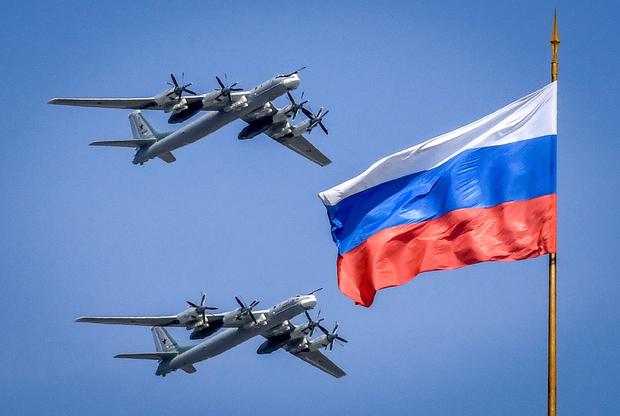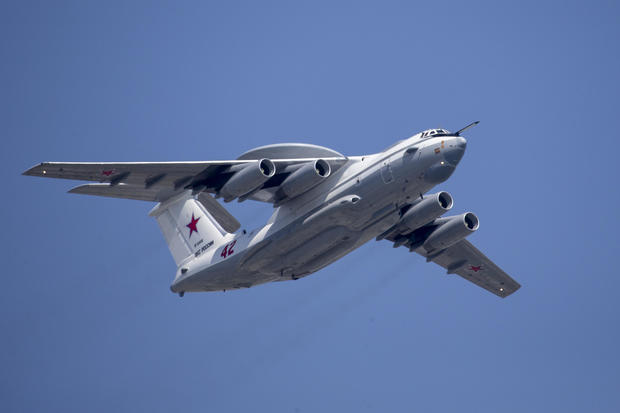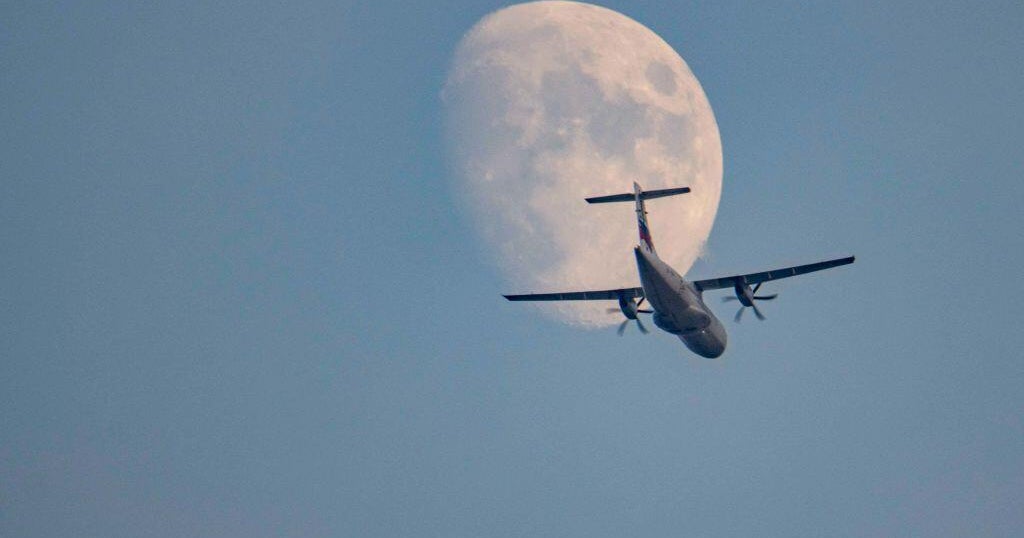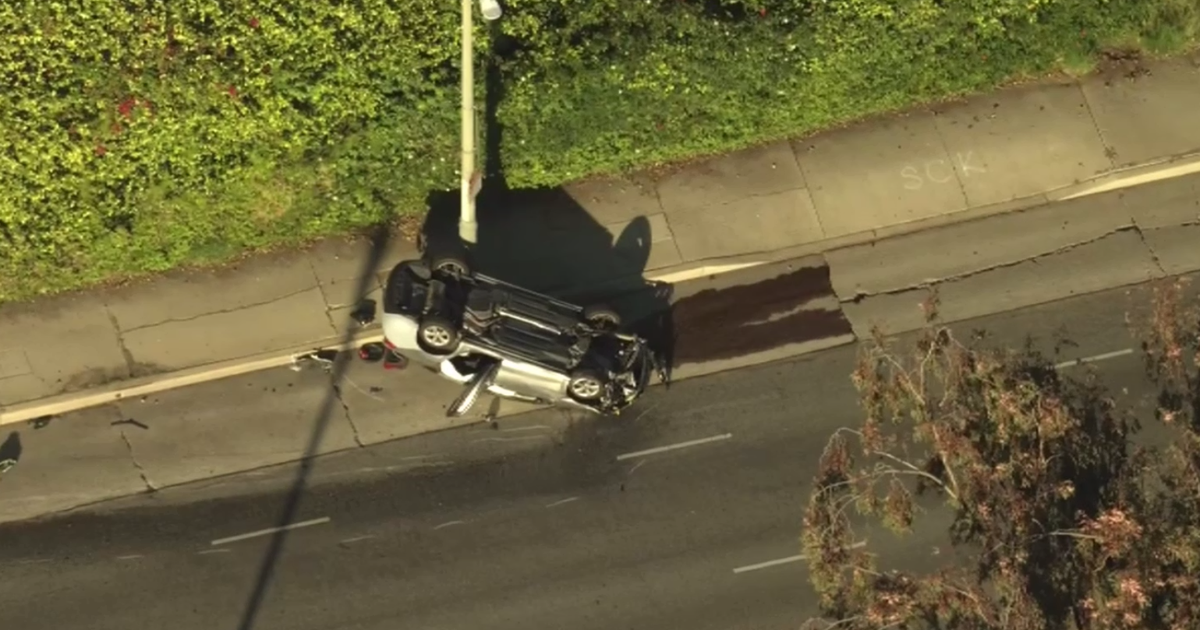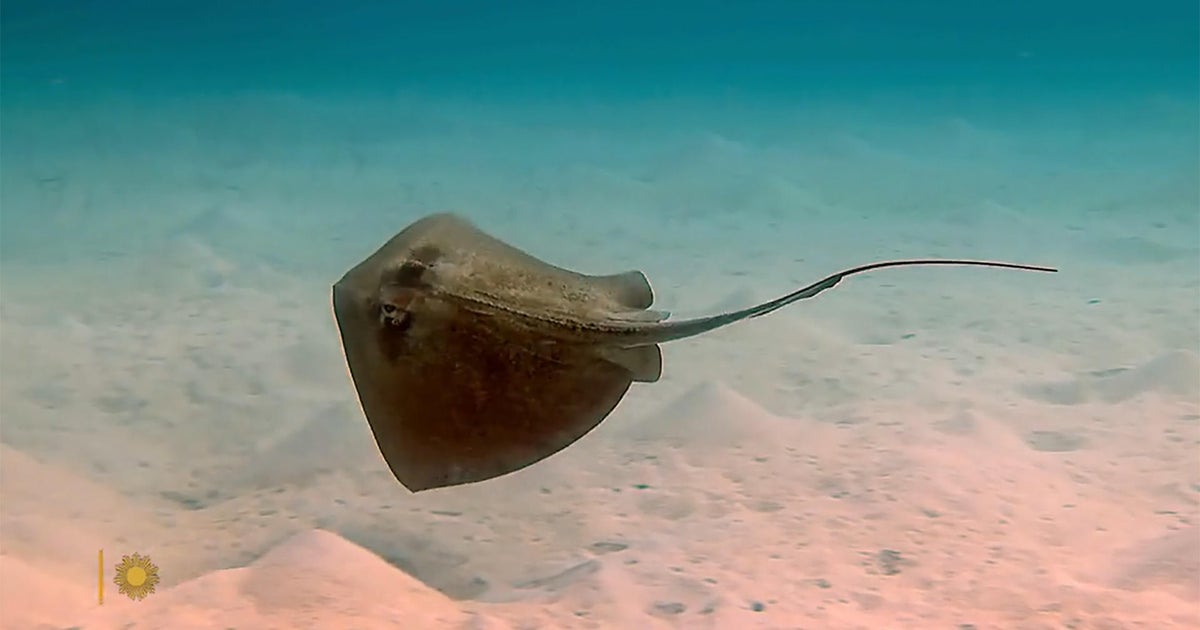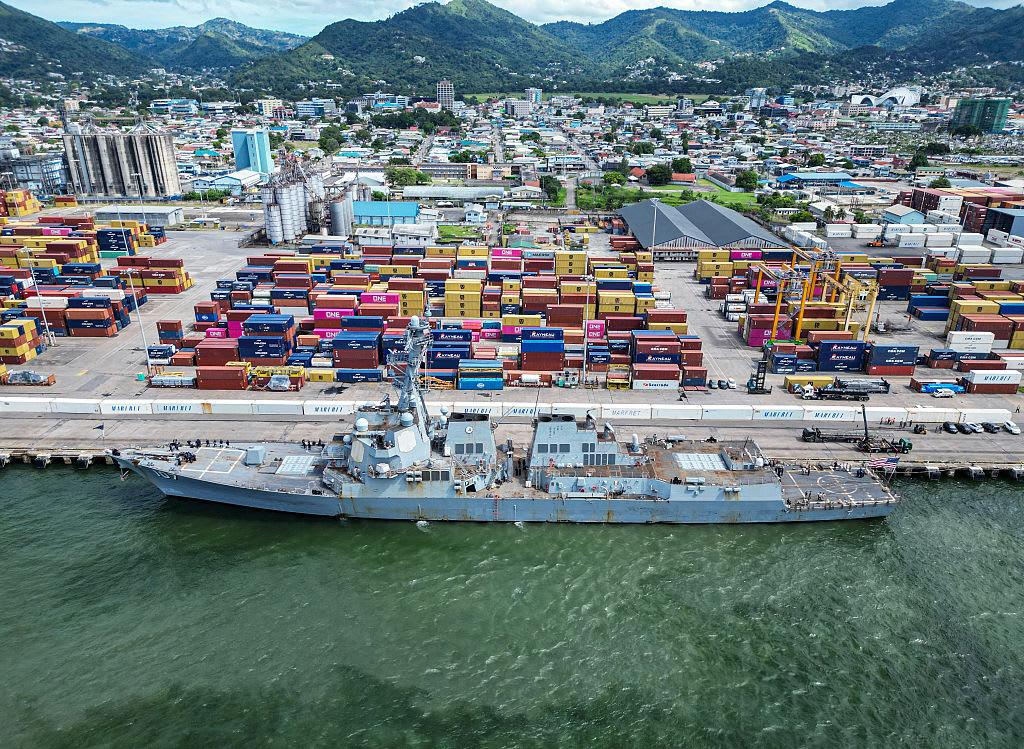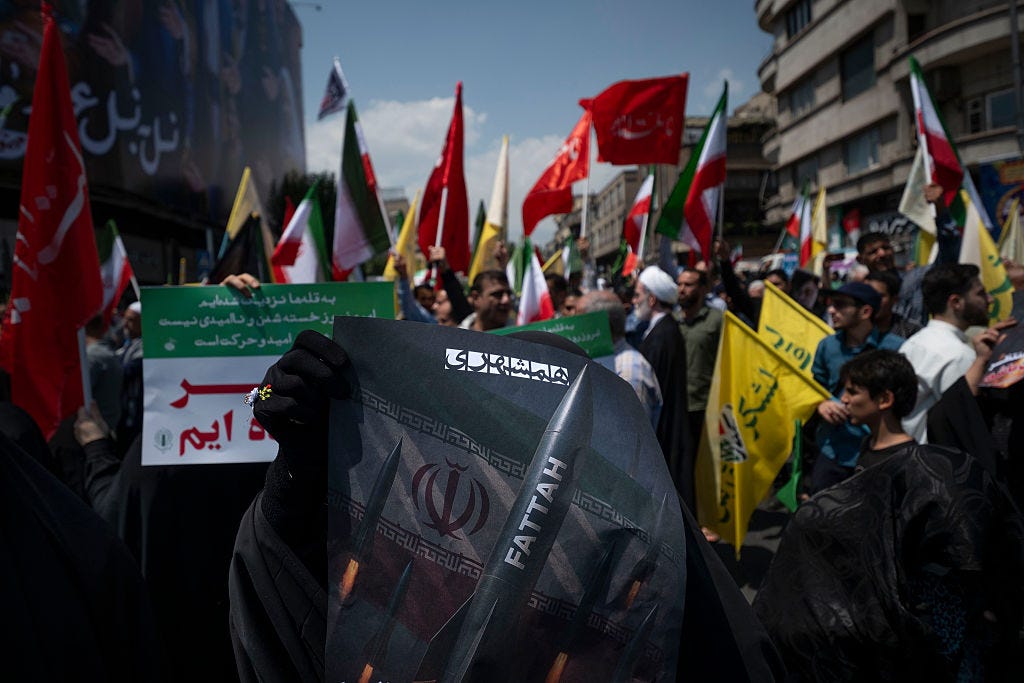South Korea says it fired warning shots at intruding Russian military plane, but Russia denies it
Seoul, South Korea -- South Korean air force jets fired 360 rounds of warning shots after a Russian military plane briefly violated South Korea's airspace twice on Tuesday, Seoul officials said, in the first such incident between the countries. Russia however denied violating South Korea's airspace and accused the South Korean planes of "non-professional" maneuvres that put its aircraft at risk.
Three Russian military planes -- two Tu-95 bombers and one A-50 airborne early warning and control aircraft -- initially entered South Korea's air defense identification zone off its east coast before the A-50 intruded into South Korean airspace, according to the South's Defense Ministry.
South Korean fighter jets scrambled to the area, including F-16s, and fired 10 flares and 80 rounds from machine guns as warning shots, a ministry official said, requesting anonymity due to department rules.
The Russian reconnaissance aircraft left the area three minutes later, but it returned and violated the South Korean airspace again for four additional minutes later Tuesday, the ministry official said. He said the South Korean fighter jets fired 10 flares and 280 rounds from machine guns as warning shots again.
Later Tuesday, South Korea's Foreign Ministry and the Joint Chiefs of Staff summoned Russia's acting ambassador and its defense attache respectively to file a formal complaint with them.
Separately, South Korea's presidential national security adviser, Chung Eui-yong, told top Russia security official Nikolai Patrushev that South Korea sees Russia's airspace violation "very seriously" and will take "much stronger" measures if a similar incident occurs, according to South Korea's presidential office.
The airspace the Russian warplane is accused of violating is above a group of South Korean-held islets roughly halfway between South Korea and Japan that has been a source of territorial disputes between them. Russia isn't a party in those disputes.
Russia's (limited) denial
State-run media in Moscow quoted the Russian Defense Ministry as saying, specifically, that the country's Tu-95 bombers "did not deviate from the (flight) plan, in compliance with international regulations."
The statement quoted by Russia's TASS news agency said the bombers remained at least 15.5 miles from the South Korean islands "and were not violating the South Korean airspace," the ministry added. The statement accused two South Korean F-16 fighter jets of "non-professional" maneuvers, but insisted they fired no warning shots at the Russian aircraft.
There was no explicit mention in the Ministry statements quoted by Russia's state-controlled media of the Beriev A-50 -- the Russian plane that South Korea says actually violated the airspace over the small islands. An official at the Ministry of Defense would not confirm to CBS News that an A-50 was flying with the Tu-95s, but said other journalists had asked about the aircraft and that an additional statement was likely to be released later in the day.
The Defense Ministry did say, however, that South Korean pilots had previously tried unsuccessfully to stop Russian planes flying over the "neutral waters of the Sea of Japan," referring to the South Korean air defence identification zone.
"Such 'zones' are not stipulated by international rules and are not recognised by Russia, which was repeatedly reported to the South Korean side through various channels," the Russians said.
The Russian military claimed, according to the TASS report, that the South Korean pilots did not contact the crews of the Russian bombers before flying away from the aircraft.
Russia's history with the Koreas
Tuesday's purported incursion was the first time a foreign military plane violated South Korean airspace since the end of the 1950-53 Korean War, according to South Korean officials.
The former Soviet Union supported North Korea and provided the country with weapons during the Korean War, which killed millions.
In 1983, a Soviet air force fighter jet fired an air-to-air missile at a South Korean passenger plane that strayed into Soviet territory, killing all 269 people on board. Relations between Seoul and Moscow gradually improved, and they established diplomatic ties in 1990, a year before the breakup of the Soviet Union.
Chinese planes also present
The three Russian planes had entered the South Korean air defense identification zone with two Chinese bombers. But it wasn't immediately known whether the two countries deliberately did so, according to the South Korean official.
Before their joint flights with the Russian planes, the Chinese warplanes entered South Korea's air defense identification zone off its southwest coast earlier Tuesday, according to the South Korean official. Chinese planes have occasionally entered South Korea's air defense identification zone in recent years.
South Korea's Foreign Ministry and Joint Chiefs of Staff registered their official protests with Beijing when they summoned China's ambassador and defense attache respectively.
